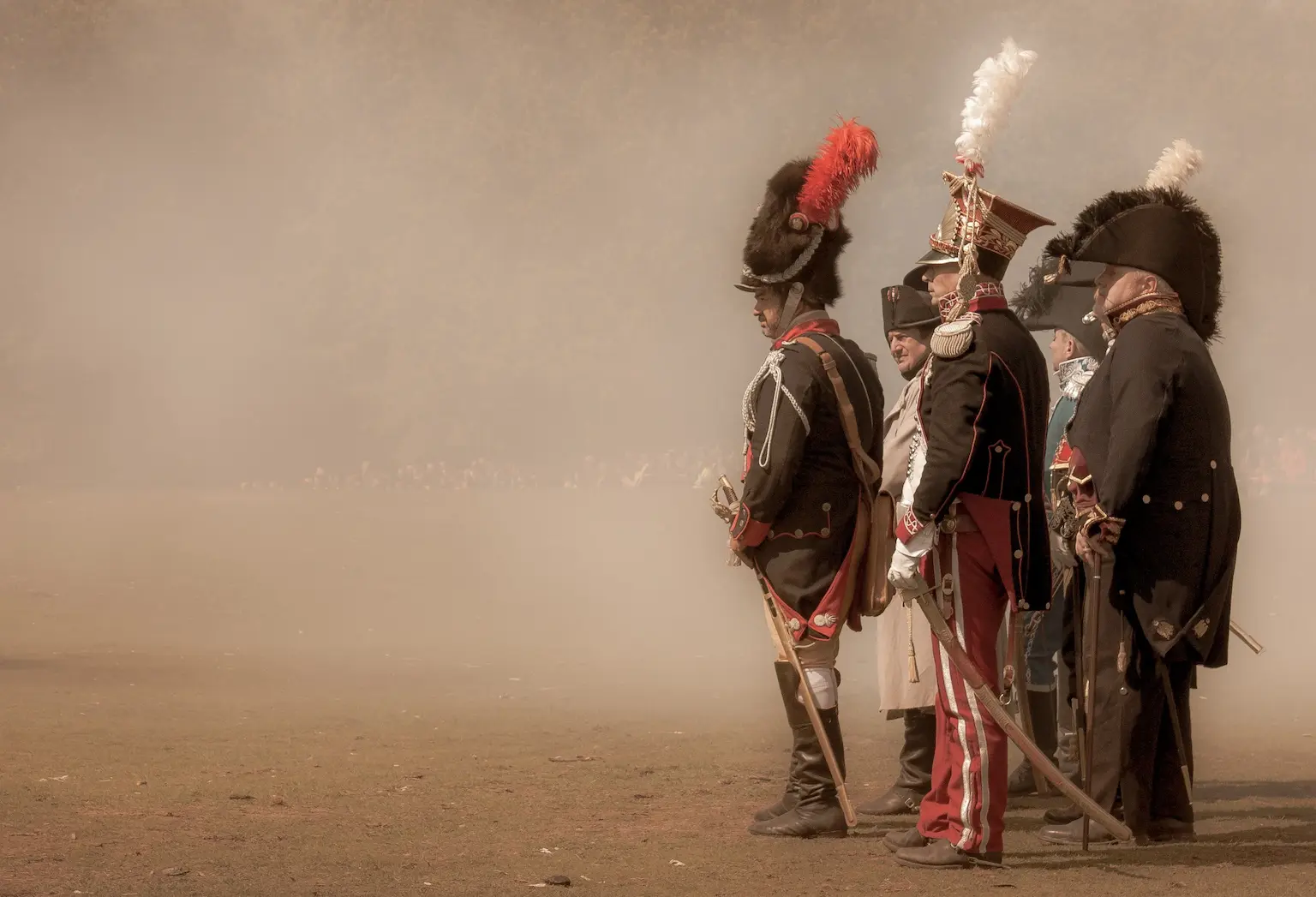
Oct 22nd, 2023
·3 min read

Navigating the annals of history, we find ourselves entranced by leaders whose decisions not only shaped their times but left an indelible mark on all of humanity. By understanding their actions, we can extract lessons applicable to today’s intricate leadership landscape.
King Louis XIV of France didn't just rule; he believed himself the very center of the universe, much like the sun. He centralized power with the mantra, "L'état, c'est moi" ("I am the state"). Palaces like Versailles were built to dazzle, but also to control the nobility, making them dependent on the king's favor. This ensured loyalty but bred resentment. While his reign saw artistic and architectural marvels, the centralized power also sowed discontent leading to revolution a century later.
Modern Takeaway: Centralizing decisions might give a leader more control in the short term, but it can stifle innovation and breed discontent in the long run. In today's corporate world, it's akin to a CEO who micromanages. Instead, consider adopting a more decentralized leadership style. For instance, a CEO of a tech company might empower department heads or team leads, giving them autonomy and fostering a sense of ownership.
Emperor Ashoka, after a particularly brutal conquest at Kalinga, was struck by the devastation. This once ruthless conqueror turned to Buddhism, seeking a more righteous path. His later reign was marked by public welfare projects, propagation of moral duties (Dharma), and even diplomatic missions to spread peace.
Modern Takeaway: Leadership is not just about achieving goals; it's about reflection and course correction. In today's context, a leader might push for aggressive growth targets, but at what cost? Environmental concerns? Employee burnout? A modern leader listens, reflects, and adjusts. Engage with stakeholders, seek feedback, and be willing to pivot even if it means admitting past mistakes.
Admiral Horatio Nelson was not one to shy away from risk. At the Battle of Santa Cruz de Tenerife, his aggressive tactics led not only to defeat but also cost him an arm. Yet, he didn't become disheartened. Instead, he adapted his strategies, which later culminated in his iconic victory at Trafalgar, where he outmaneuvered a larger combined French and Spanish fleet.
Modern Takeaway: Leaders will face setbacks. But every stumble is a lesson in disguise. A modern parallel? Consider the tech world, where not every product launch is a hit. Remember Apple's Newton or Google's Glass? Yet, these tech giants analyzed missteps, learned, and later launched products that revolutionized industries.
Abraham Lincoln, the 16th U.S. President, stood at the helm during one of the nation's most divisive periods. While he was a master tactician, ensuring the Union's survival, he was also deeply empathetic. His letters, often to grieving mothers or critical citizens, showcased an ability to connect, understand, and comfort.
Modern Takeaway: Leaders need to balance hard decisions with humanity. In a corporate merger, for instance, layoffs might be inevitable. But can it be done with empathy? Offering skill development, counseling, or extended benefits can make a world of difference. It's about strategy with a soul.
The Mongol invasions might be remembered for their fierceness, but they were equally adept at assimilation. After conquering vast territories, they often adopted the best practices of the vanquished. Their empire was a mosaic of cultures, each contributing to its strength.
Modern Takeaway: In an era of globalization, the ability to adapt and assimilate is crucial. If a U.S.-based company acquires a Japanese firm, understanding and integrating aspects of Japanese work culture can lead to a harmonious and productive merger.
Leadership is a dance that evolves with time. By looking back, we find rhythms and patterns that resonate even today. As modern leaders, the challenge is to choreograph our own dance, taking cues from the past, being attuned to the present, and setting the stage for a harmonious future.

Kevin is an experienced people manager with a track record of success at startups and Fortune 500 companies. He is dedicated to creating positive workplace cultures and fostering continuous learning and growth.